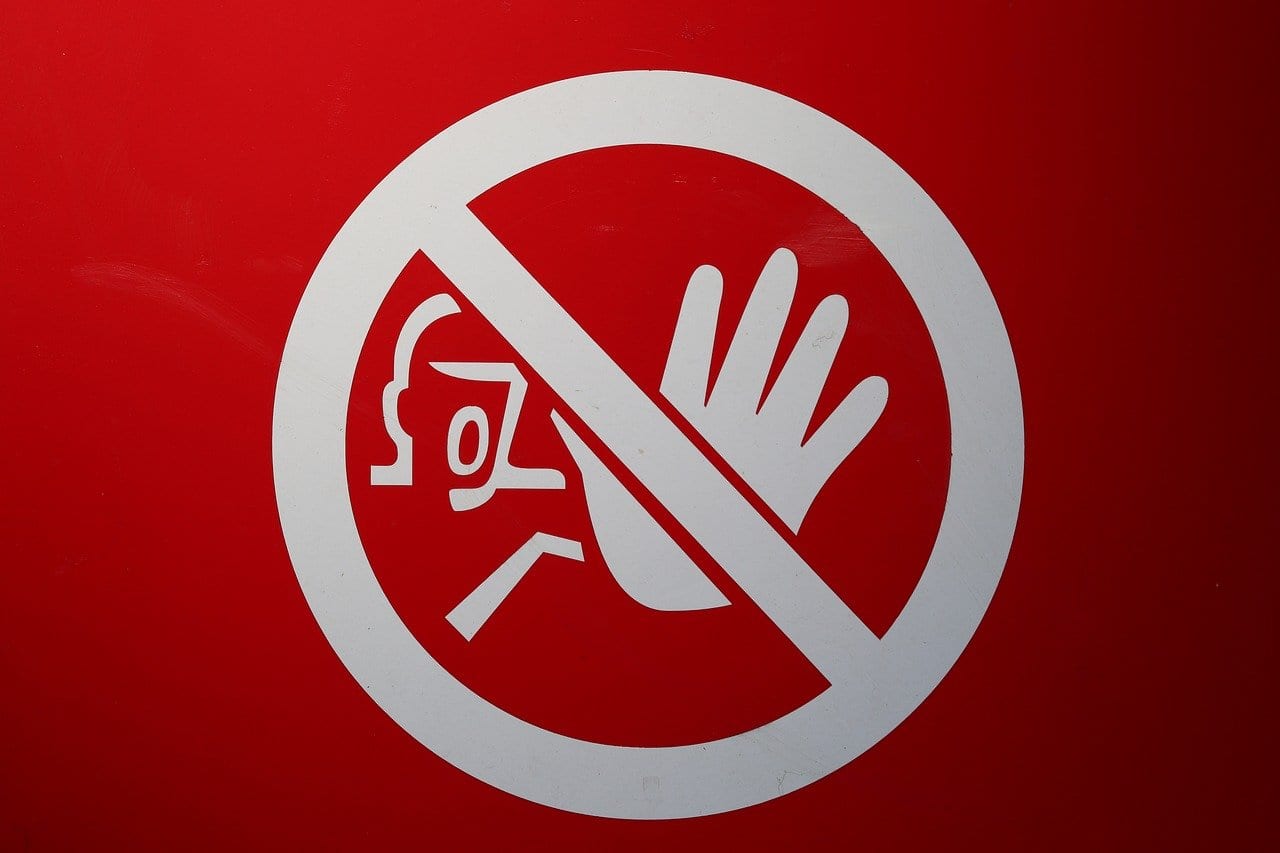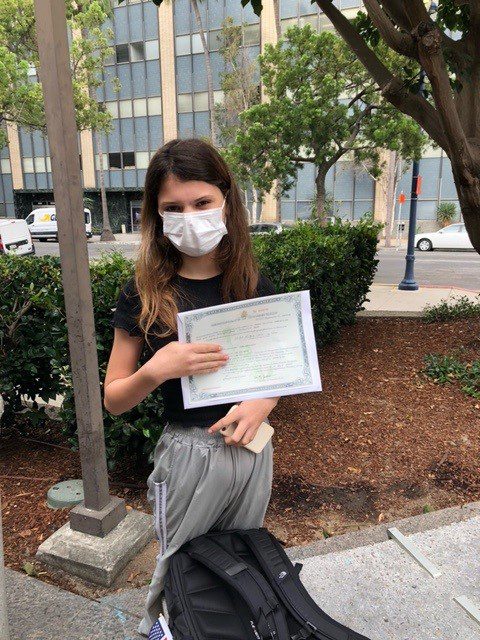On September 24th, 2017, President Donald J. Trump issued Presidential Proclamation 9645, titled “Enhancing Vetting Capabilities and Processes for Detecting Attempted Entry into the United States by Terrorists or other Public-Safety Threats” (See: Presidential Proclamation 9645 – September 24, 2017). This has come to be known as the “Travel Ban”.
Certain conditional restrictions and limitations were placed on entry into the United States of nationals from eight (8) countries: Chad, Iran, Libya, North Korea, Somalia, Syria, Venezuela and Yemen. Chad was later removed from the list following amendments to the Travel Ban on April 10th, 2018 (See Amendment to Presidential Proclamation 9645 – April 10, 2018) because Chad was found to meet the baseline criteria established by the Department of Homeland Security (see below).
On June 26th, 2018, the United States Supreme court issued a decision regarding Presidential Proclamation 9645, ruling that the Proclamation was a lawful exercise of the President’s authority under the Immigration and Nationality Act (“INA”) (See Supreme Court Decision – June 26, 2018).
Baseline Requirements
Three baseline requirements were identified that all nations must abide by in order for the United States to allow its people into the country:
- Identity-management information. A country should be able to prove that people attempting to enter the United States are who they say they are. There are several ways to accomplish this, including passports with data chips and sharing information with the United States.
- National security and public-safety information. A country should be able to provide information as to whether a given person has a history of terrorist activity or criminal behavior.
- National security and public-safety risk assessment. A country should not be a safe haven for terrorists and should cooperate with certain United States laws (for example, allowing an immigrant from that country who has been deported from the United States to return).
It was found that seven countries did not fulfill the above baseline requirement and the nationals of these are currently subject to various travel restrictions contained in the Proclamation:
| Country | Nonimmigrant Visas | Immigrant Visas |
| Iran | No nonimmigrant visas, except F, M and J visas | No immigrant visas |
| Libya | No B-1, B-2 and B-1/B-2 visas | No immigrant visas |
| North Korea | No nonimmigrant visas | No immigrant visas |
| Somalia | Not suspended but subject to additional scrutiny | No immigrant visas |
| Syria | No nonimmigrant visas | No immigrant visas |
| Venezuela | No B-1, B-2 and B-1/B-2 visas of any kind for officials, and their immediate family members, of the following government agencies:
· Ministry of Interior, Justice, and Peace; · The Administrative Service of Identification, Migration, and Immigration; · The Corps of Scientific Investigations, Judicial and Criminal; · The Bolivarian Intelligence Service; · The People’s Power Ministry of Foreign Affairs |
Not suspended |
| Yemen | No B-1, B-2 and B-1/B-2 visas | No immigrant visas |
The above suspensions apply only to those individuals who: (a) who were outside the United States on the effective date (October 18, 2017) and are subject to the Travel Ban; (b) did not have a valid visa on the effective date; and (c) did not qualify for a visa or other travel document under section 6(d) of the Travel Ban.
Exceptions
Exceptions to the ban include:
- Lawful permanent residents (green card holders);
- Foreign nationals admitted or paroled to the United States on or after the effective date;
- Foreign nationals with travel documents that are not visas that are valid before or issued after the effective date;
- Dual nationals traveling on a passport that is not one of the affected countries;
- Those travelling on a diplomatic or related visa;
- Foreign nationals who have already been granted asylum, refugees who have already been granted admittance, and those who have been granted withholding of removal, advanced parole, or protections under the Convention Against Torture.
Waivers
A consular officer may, on a case-by-case basis and within their discretion, grant a waiver to affected immigrants for certain reasons. The person seeking entry must prove three criteria:
- That denying entry would cause the foreign national undue hardship;
- That entry by the foreign national would not pose a threat to the national security or public safety of the United States; and
- That entry by the foreign national would be in the national interest.
Waivers could be granted to those individuals who have had significant contacts, work, or business in the United States. Alternatively, if a foreign national has immediate family members (spouse, parent, sibling or child) in the United States, a denial of entry could cause undue hardship.
All said and explained in this article does not constitute a legal opinion and does not replace legal advice. Responsibility for using the wordings and opinions conveyed in this article relies solely and entirely on the reader.
This article was written by Dotan Cohen Law Offices, working in the field of immigration law in the United States, Canada and Australia.
Additional Resources:
Travel.State.Gov Resources on Travel Ban
Department of Homeland Security Fact Sheet and Frequently Asked Questions




